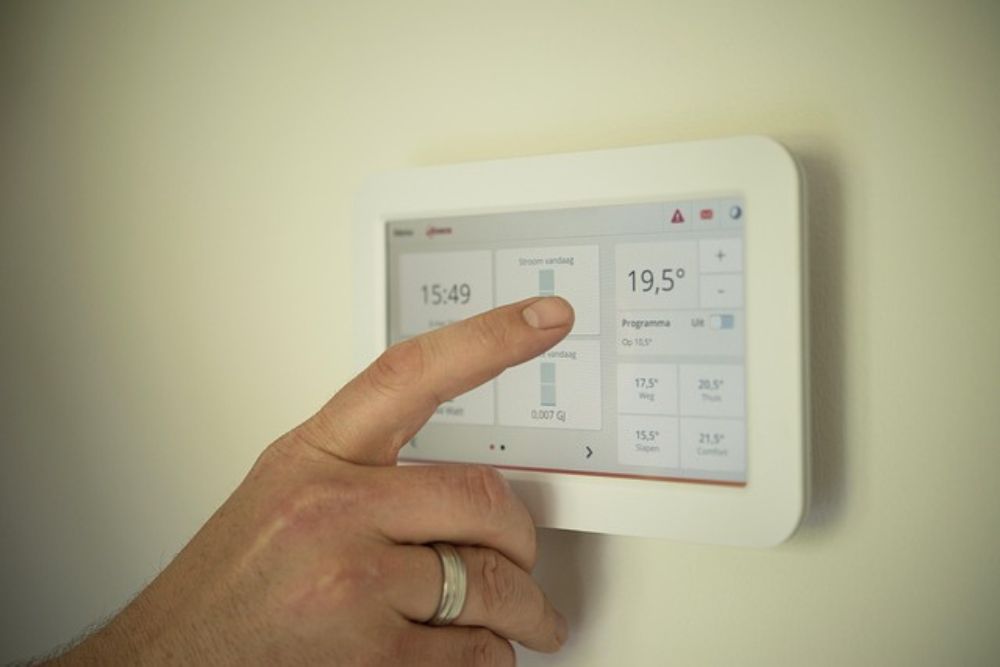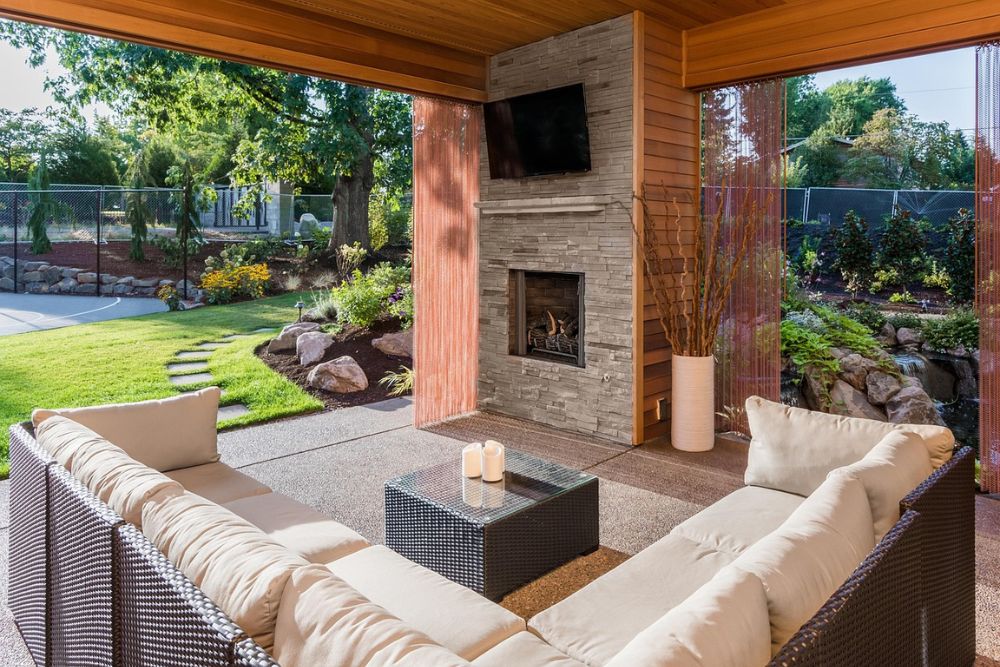Affordable Gas Heater Solutions: A Guide to Keeping Warm Without Breaking the Bank
Logan Webb
2025-11-06
6 min read

As the weather gets colder, finding an efficient and cost-effective way to heat your home becomes a priority. Gas heaters have become a popular option for many homeowners seeking reliable warmth without the high costs often associated with heating systems. Whether you’re upgrading your current heating solution or looking for something more affordable, this guide will help you explore the benefits of gas heaters, different types available, and what to consider before making your choice.
What Are Gas Heaters?
Gas heaters are appliances that use natural gas or propane to generate heat. These systems can provide warmth to a single room or an entire home. They are a great option for those looking to save on energy bills while keeping their living spaces comfortable during the colder months. Gas heaters are popular because they’re efficient, can heat large spaces quickly, and are often less expensive to operate compared to electric heating systems.
Why Choose Gas Heating Solutions?
- Affordability:
- Gas heaters are typically more affordable to operate than electric heaters. Natural gas is often less expensive than electricity, making gas heaters a more budget-friendly option for keeping your home warm. Additionally, gas heaters tend to have a lower upfront cost compared to other heating systems, such as central heating or heat pumps.
- Energy Efficiency:
- Modern gas heaters are designed to be energy-efficient, ensuring that you get the most heat for your money. Many models feature advanced technology, such as thermostats and timers, to help regulate temperature and avoid wasting energy.
- Fast Heating:
- Gas heaters work quickly, heating up spaces faster than electric heaters. This means you won’t have to wait long for warmth, making them ideal for chilly mornings or sudden cold spells.
- Environmental Impact:
- While gas is a fossil fuel, it’s often considered a cleaner energy source compared to other options like coal or oil. Gas heaters produce fewer carbon emissions, making them a more environmentally-friendly choice in comparison to some electric alternatives.
Types of Gas Heaters
- Portable Gas Heaters:
- These heaters are ideal for smaller spaces or when you need to heat a single room. They are easy to move and can be placed wherever you need them. Portable gas heaters come in a variety of sizes and heating capacities, making them suitable for different needs.
- Wall-Mounted Gas Heaters:
- For those looking to save floor space, wall-mounted gas heaters are an excellent choice. These models are installed on the wall and can heat larger areas. They are often more permanent than portable models and are ideal for long-term use.
- Gas Log Fires:
- Gas log fires provide the warmth and ambiance of a traditional wood fireplace but with the convenience and efficiency of gas. They can be installed as a focal point in your living room or other areas where you want both heat and aesthetics.
- Ducted Gas Heating:
- For a whole-house solution, ducted gas heating systems are designed to distribute warm air throughout your home via ducts and vents. These systems are ideal for larger homes and provide consistent warmth to every room.
What to Consider When Choosing a Gas Heater
- Size of the Area:
- Consider the size of the space you want to heat. A portable heater may be sufficient for a small room, while larger spaces may require a ducted or wall-mounted heater. Be sure to choose a heater with the right output for your needs.
- Energy Efficiency:
- Look for models that are energy-efficient to help lower your heating costs over time. Check for features such as adjustable thermostats, timers, and energy ratings to ensure you're getting the best performance for your money.
- Safety Features:
- Safety is a top priority when using gas-powered appliances. Choose a heater that has built-in safety features, such as automatic shut-off, flame failure devices, and tip-over switches to prevent accidents.
- Installation and Maintenance:
- Consider the cost and complexity of installation. While portable heaters are easy to set up, ducted and wall-mounted systems may require professional installation. Also, consider the maintenance needs of the heater to ensure it stays in good working order.
Cost of Gas Heaters
The cost of a gas heater will vary depending on the type, size, and features of the unit. Portable models can range from $100 to $500, while wall-mounted and gas log fires typically cost between $500 and $3,000, depending on the design and installation requirements. Ducted gas heating systems are the most expensive, with prices starting around $4,000 and increasing based on the size of the home and system.
While the upfront cost of a gas heater may vary, it's important to factor in long-term energy savings. Gas heating systems generally offer a low operating cost, making them a cost-effective choice in the long run.
Conclusion
Gas heaters provide a reliable, efficient, and affordable way to keep your home warm during the colder months. With a variety of models to choose from, you can find a solution that fits your space, budget, and needs. Be sure to consider factors such as energy efficiency, safety features, and installation costs when selecting the right gas heater for your home.
Ready to stay warm without the high costs? Explore your affordable gas heater options today and enjoy efficient, reliable warmth all season long!
Sources:
- Energy.gov – Gas Heaters: How They Work and Their Benefits
- Consumer Reports – Best Gas Heaters for Home Heating
- HomeAdvisor – Gas Heating Systems: Pros and Cons
- The Green Building Advisor – Energy Efficient Gas Heaters



